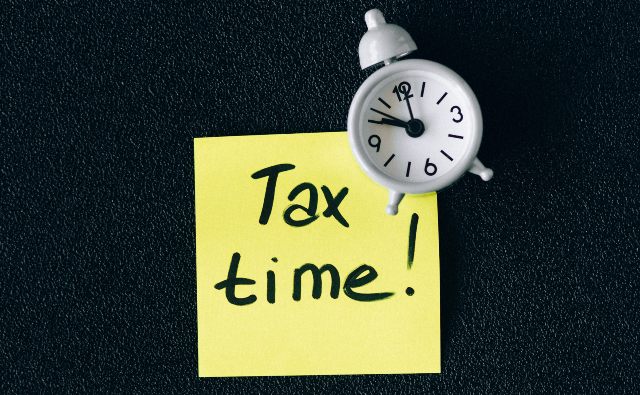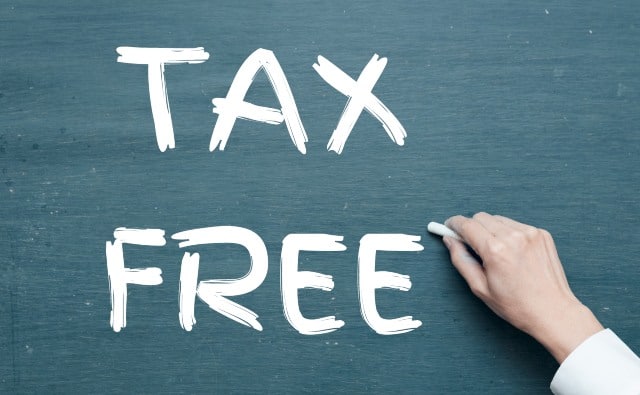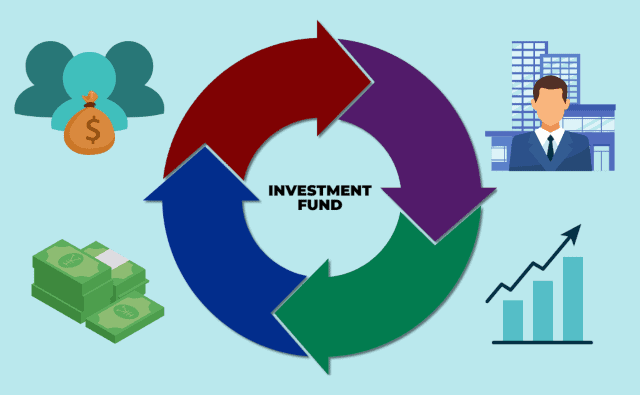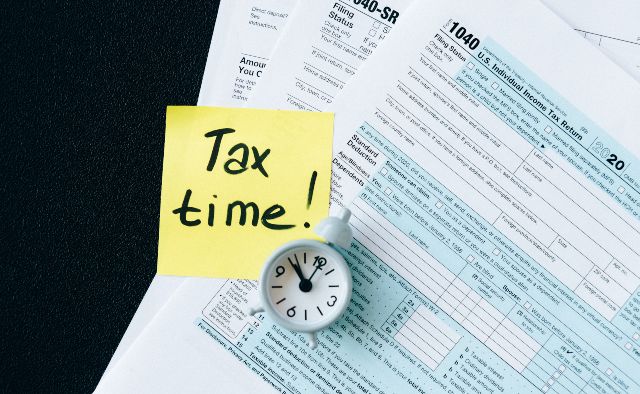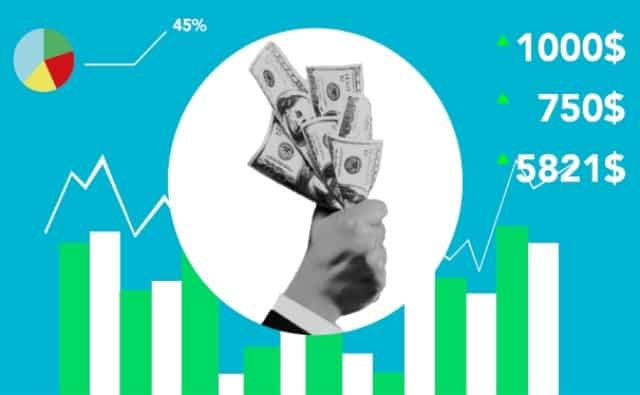Capital Gains Tax has been mentioned in several previous articles, such as The Types of Investment Accounts, What are Unit Trusts and Exchange Traded Funds? and What are Retirement Annuities and Tax-Free Savings Accounts? but we have yet to cover what exactly the tax entails. In this article, we’ll cover everything you need to know about capital gains tax, how its calculated, and how it relates to investments made in a discretionary investment account. We’ll also briefly touch on Interest Income Tax and Dividends Withholding Tax. What is Capital Gains…
Read MoreAuthor: The MediFi Guy
What are Retirement Annuities and Tax-Free Savings Accounts?
Following on from our previous discussion of Tax-Advantaged Investment Accounts, we’ll now cover the two Types of Tax-Advantaged Accounts in South Africa. These are the Retirement Annuity and the Tax-Free Savings Account. The Purpose of Tax-Advantaged Accounts As we’ve touched on before, the government created tax-advantaged accounts to encourage people to save for their own retirement. They do this by offering incentives in the form of tax deferrals and exemptions not offered by traditional investment accounts. Taxes are the single largest expense one incurs over their lifetime. As such, the…
Read MoreThe Types of Investment Accounts
Broadly speaking there are two types of investment accounts: Traditional Brokerage Accounts (also known as discretionary accounts) and Tax Advantaged accounts. These two types can be further subdivided, but for our purposes, the most important thing to understand for now is the difference between the two. What are Traditional Brokerage Accounts? A traditional brokerage account, or discretionary account, is what most people think of when they think of an “investment account”. It’s an account that you open with a registered brokerage firm or investment company (eg companies like Sygnia,10x, Easy…
Read MoreWhat are Unit Trusts and Exchange Traded Funds?
Now that we’ve gained an understanding of what Index Funds are, we can build on that foundation to explain “pooled funds” as they are very similar concepts. When it comes to investing (ie buying an asset such as a stock or bond), there are different ways one can go about it. One way is to invest in an individual asset, for example investing in shares of company “x”, by opening an investment account and buying the shares. Another way is to use what is referred to as pooled funds. In…
Read MoreWhy do First Year Medical Interns get a Tax Refund?
Tax season is upon you, and you’ve been hearing talk amongst your fellow interns about a tax refund that you’ll all be receiving from SARS. Everyone seems quite certain that it’ll be happening, but whenever you ask one of them to explain why you’re all somehow getting a refund even though you only recently started working the answers you get range from “I don’t know” to the unsatisfactory and never elaborated upon “because we overpaid tax”. If any of this rings true for you and you’d like to find out…
Read MoreVolatility, Correlation, Diversification and Rebalancing
Let’s revisit the example from the previous post: Having speed read through the previous posts and attained a basic understanding of index funds, let’s imagine you did the above and set up a R3000pm debit order investing in an SP500 index fund and forgot about it. 39 years and 11 months later, when you’re 1 month away from retirement you decide to check how your investment is doing. This is what you see. This chart represents the 10% pa compounded growth on your investment. Then, one month later, on the…
Read MorePassive Investing
What is Passive Investing? Recall our prior discussion of Market Indices in the post about Active Investing. Specifically the mention of the date “1970s” and how I said I would get back to it. Well back in the day when investing only consisted of speculation, a gentleman by the name of John C Bogle noticed something peculiar about stock market Indices. Remember, an index can be thought of as an average that tracks the average change in the market over time. John C Bogle noticed that when he looked at…
Read MoreActive Investing
For our purposes, broadly speaking there exists two types of investing: active investing and passive investing. Back in the day prior to the 1970s (and even today but we’ll get back to why I’m singling out the pre-70s era later) when people wanted to invest in a successful business they would enlist the services of an individual known as a “stockbroker”. The stock broker would then do a bunch of research about all the publicly traded companies – which included things like looking through all the businesses’ records, financial statements,…
Read MoreProperty
So what exactly is investing? For our purposes, to invest refers to the act of buying one of the following things: 1) Stocks, also known as Shares or Equities (all synonymous) 2) Bonds 3) Cash 4) Property The proper term for the aforementioned things is “asset classes“ Property When it comes to property, there are essentially 2 ways that you can invest in it: either actively or passively. Active investing comes in the form of owning a property and acting as a landlord. This can involve renting out the property…
Read MoreCash
So what exactly is investing? For our purposes, to invest refers to the act of buying one of the following things: 1) Stocks, also known as Shares or Equities (all synonymous) 2) Bonds 3) Cash 4) Property The proper term for the aforementioned things is “asset classes“ Cash The easiest way of conceptualizing “cash” investments is to just think of cash (also known as money market securities or money market instruments) as super short-term bonds that last 12 months or less. Because the period until maturity is so short (1…
Read More